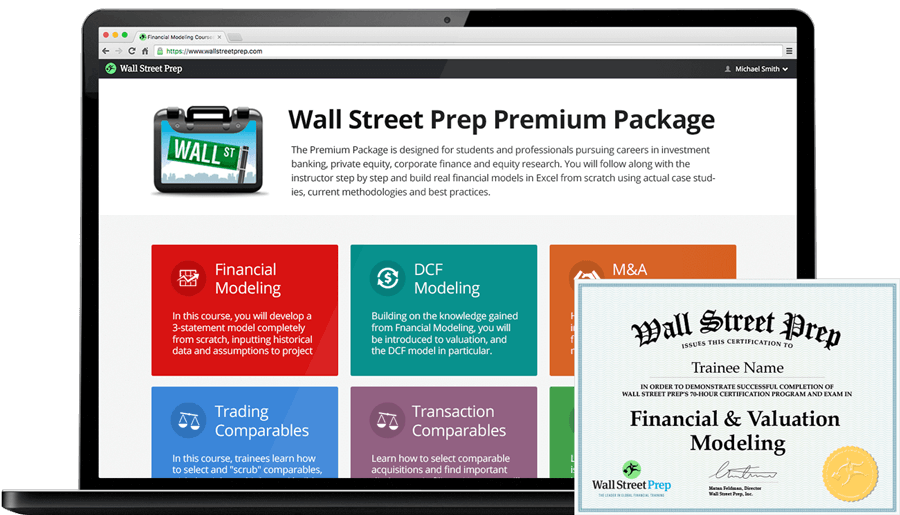What is the Full Disclosure Principle?
The Full Disclosure Principle requires companies to report their financial statements and disclose all material information.

Full Disclosure Principle Definition
Under U.S. GAAP accounting, one core principle is the full disclosure requirement – which states that all information regarding an entity (i.e. the public company) that would have a material impact on the reader’s decision-making must be shared.
Disclosing all material financial data and accompanying information pertaining to a company’s performance reduces the chance of stakeholders being misled.
Additionally, management’s perspective on the risks and mitigating factors (i.e. solutions) must be presented – otherwise, there is a breach of fiduciary duty in terms of the reporting requirements.
Impact on Stakeholders
The proper disclosure of conditional events that present substantial risks to the company in continuing as a “going concern” impacts the decisions of all stakeholders, such as:
- Equity Shareholders
- Debt Lenders
- Suppliers and Vendors
- Customers
If followed, the full disclosure principle ensures that all information applicable to equity holders, creditors, employees, and suppliers/vendors is shared so that each parties’ decisions are adequately informed.
Using the information presented – i.e. in the footnotes or risks section of their financial reports and discussed on their earnings calls – the company’s stakeholders can judge for themselves on how to proceed.
Changes in Existing Accounting Policies
The full disclosure principle also requires companies to report adjustments/revisions to any existing accounting policies.
Unreported accounting policy adjustments can distort a company’s financial performance over time, which can be misrepresentative.
Accrual accounting is all about the consistency and reliability of financial reporting – and failing to disclose material information concerning accounting policies contradicts that objective.
List of Accounting Policy Changes
- Inventory Recognition – Last-in-First-Out (LIFO) vs First-in-First-Out (FIFO)
- Revenue Recognition – Amount/Timing Considerations and Conditions to Qualify
- Bad-Debt Allowances – Uncollectible Accounts Receivable (A/R)
- Depreciation Method – Changes in Useful Life Assumption (Straight-Line, MACRS, etc.)
- One-Time Events – e.g. Inventory Write-Down, Goodwill Write-Down, Restructuring, Divestitures (Asset Sales)
Interpreting the Full Disclosure Principle
The interpretation of the full principle can often be subjective, as categorizing internal information as material or immaterial can be difficult – especially when there are consequences to the degree of disclosure selected (e.g. decline in share price).
Such events cannot precisely be quantified as there is room for interpretation, which can often lead to disputes and criticism from stakeholders.
But in short, if the development of a certain risk presents a significant enough risk that the company’s future is put into doubt, the risk must be disclosed.
Certain events are far more clear-cut, such as the following two examples:
- If members of the company’s board of directors are currently under investigation by the SEC for insider trading, that must be disclosed.
- Another straightforward event is if a take-private offer has been delivered to the board and management by a private equity firm (i.e. the majority buyout of equity). Here, shareholders must be made aware of the proposal (i.e. Form 8-K) and then vote on the matter in a shareholders meeting with all relevant information on hand.
Conversely, if there is a startup in the market aiming to steal market share from the company – but as of the current date, the startup presents no legitimate threat to the best of management’s knowledge – that would not likely be disclosed as it is still a minor risk.






